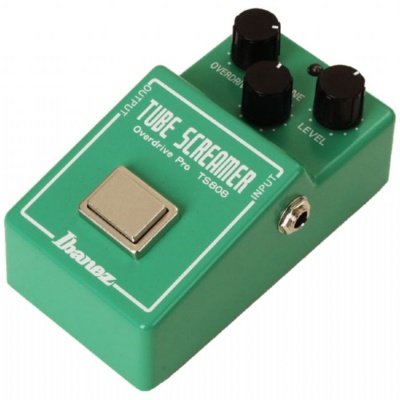Effect
|
Towards more picturesque speech™

|
An effect is, always, a noun. One may speak of the rainbow effect, special effects or, if one is a fan of the electric guitar, an effects pedal like Ibanez’s Tube Screamer[1] or Jim Dunlop’s Cry-Baby Wah-Wah[2].
Put those two puppies together: now that’s an “effect”.
But one must not use effect as a verb, even as a space-filler, however clamorously your inner articled clerk implores you to. “Effect” is the weakest verb in the English language. Whatever you are intending to “effect” is almost certain to be a nominalisation of a stronger, better verb; one better suited to the task you have in mind.
Why say “effect the conversion of shares” when you mean “convert the shares”?
Why say “effect the delivey of a notice” when you mean “deliver a notice”?
Why say “effect the butchery of a perfectly good sentence” when you mean -
Well, you get the point.
See also
- Nominalisation
- Nouns and verbs in their proper place.